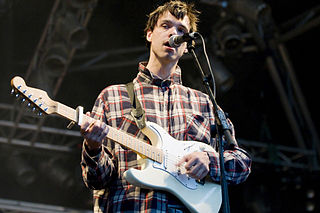A Quote by Christiane Amanpour
I have made my living bearing witness to some of the most horrific events of the end of our century, at the end of the 20th century.
Related Quotes
In the 20th century, we had a century where at the beginning of the century, most of the world was agricultural and industry was very primitive. At the end of that century, we had men in orbit, we had been to the moon, we had people with cell phones and colour televisions and the Internet and amazing medical technology of all kinds.
Taking photographs is generally an act of 'looking at the object, whereas 'being seen' or 'showing' is what is most interest to one who does a self-portrait...self-portraits deny not only photography itself but the 20th century as an era as well...an inevitable phenomenon at the end of the 20th century.
D-Day represents the greatest achievement of the american people and system in the 20th century. It was the pivot point of the 20th century. It was the day on which the decision was made as to who was going to rule in this world in the second half of the 20th century. Is it going to be Nazism, is it going to be communism, or are the democracies going to prevail?
A dining club which I was involved in at Oxford University invited Sir Isaiah Berlin to dinner, who I believe was probably the greatest liberal philosopher in the 20th century. I sat beside him and we spoke about liberal philosophy and the events of the 20th century all night over dinner - it was unforgettable!

































